
The G7 Summit, Plus or Minus
While the G7 economies today account for only 30 percent of global GDP, they remain a decent proxy for what can still be called the “West” in geopolitical terms. Or …
Episode 127: A New Normal in Transatlantic Trade?
President Trump claims the international trading system is unfair to the United States. The Trump administration is seeking to rectify trade imbalances through tariffs and is trying to reshape the …
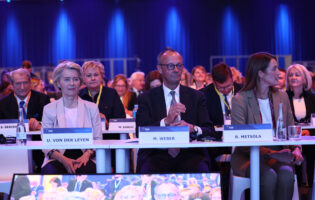
The Schuman Plan at 75 and the EU’s Global Role
On May 9, the European Union marked the seventy-fifth anniversary of the Schuman Plan, the project to create a European Coal and Steel Community (ECSC) among six countries that was …
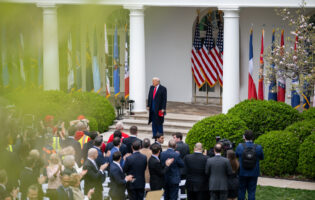
Trade Policy: Is It Foreign or Domestic?
On April 2, President Trump announced a major action “Regulating Imports with a Reciprocal Tariff” as a response to “large and persistent” U.S. trade deficits that the administration believes are …
Episode 124: Tariffs, Taxes, and Their International Ramifications
The Trump administration has taken sweeping actions on tariffs, with more scheduled to be imposed in April. On this episode of The Zeitgeist, Kim Clausing explains the administration’s approach to …

AGI Experts on the German Elections
The governing coalition in Berlin collapsed in November 2024, and Germany held snap elections in February 2025. AGI experts have contributed to multiple media reports explaining and analyzing Germany’s political …
Episode 121: Climate Change and National Security
Climate change can create national security risks, test military resilience, and redefine how countries pursue their geopolitical interests. Sherri Goodman, author of Threat Multiplier: Climate, Military Leadership, and the Fight …
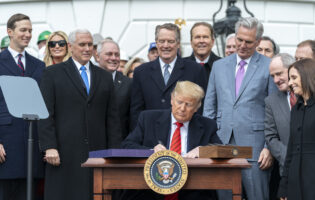
Groundhog Day Trade Policy
Bill Murray is a comic genius of the most subtle kind, and what makes him so is his ability to channel a particular kind of wry world-weariness that is not …
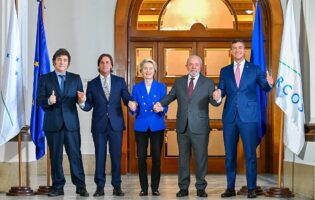
A Southern TTIP?
Just days after starting her second term as European Commission President, Ursula von der Leyen signed the EU-Mercosur Partnership Agreement on December 6 in Montevideo, Uruguay. This free trade deal …
Episode 115: The U.S. Election and Germany in Europe
The year 2025 will bring not only a new U.S. administration but also a new EU Commission. What will these changes mean for Germany and the United States, and what …
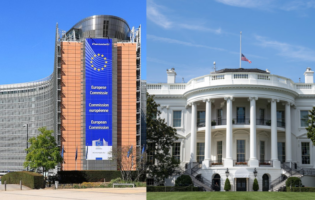
What Should Europe Do?
As the U.S. presidential election approaches next week, the European Union is readying a package of deterrent or, if necessary, retaliatory actions faced with candidate Donald Trump’s promise of 10-20 …

U.S. Elections 2024
Outlook on the Economy, Financial Markets, and the Global Trade System AGI and the Swiss private bank Bergos have released a new report, “U.S. Elections 2024: Outlook on the Economy, …





